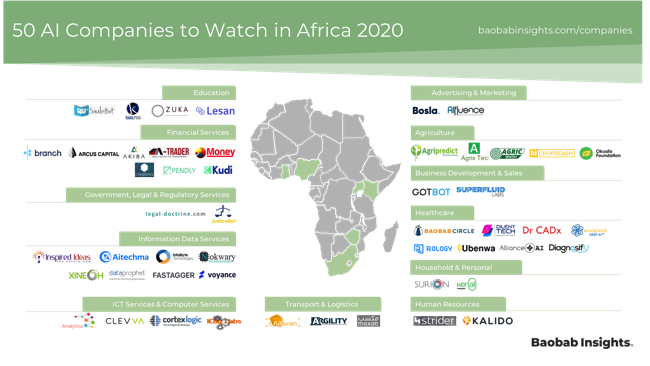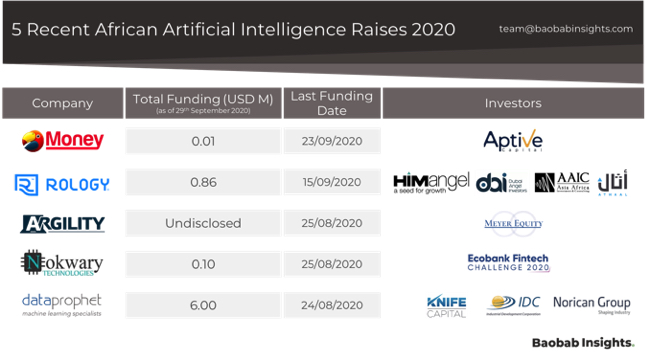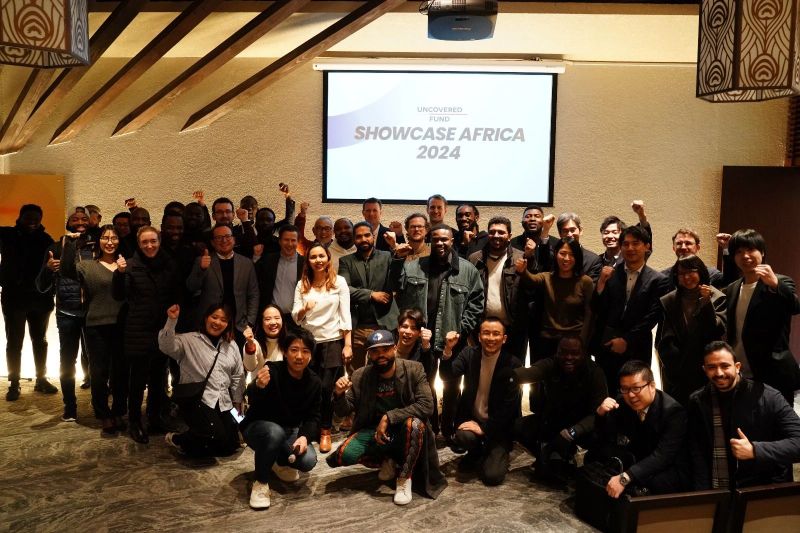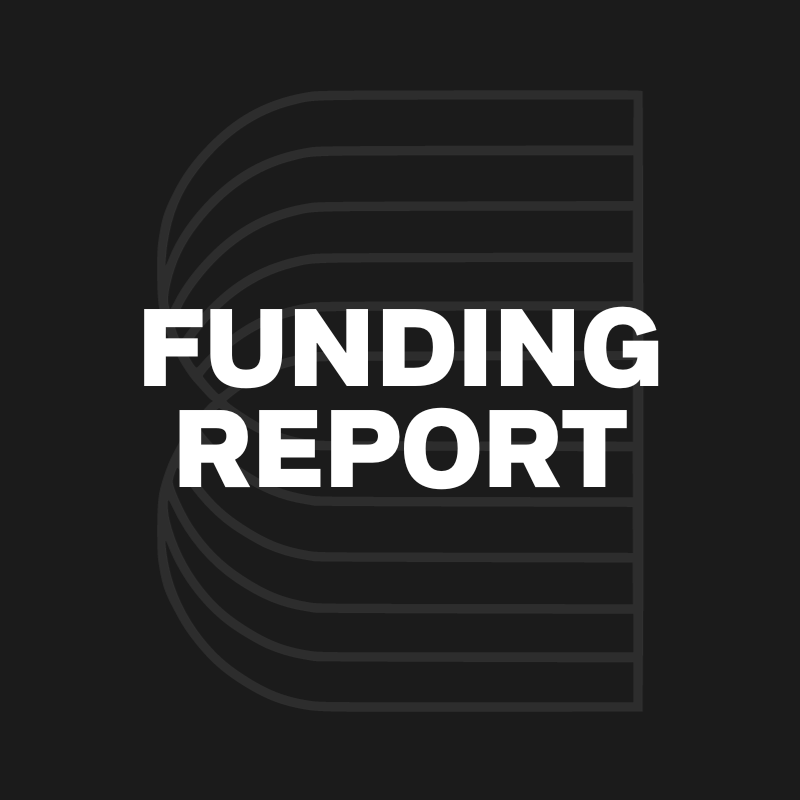Technology with High Potential
In April 2019, Silicon Valley giant Google opened its first Africa based Artificial Intelligence Research Centre in Accra, Ghana with the aim of improving healthcare, agriculture and education.
While this is clearly great news for the region, our research indicates that Artificial Intelligences is already being deployed within a broad spectrum of industries across Africa. We selected 50 companies that are deploying AI-solutions across different African markets and geographies.





